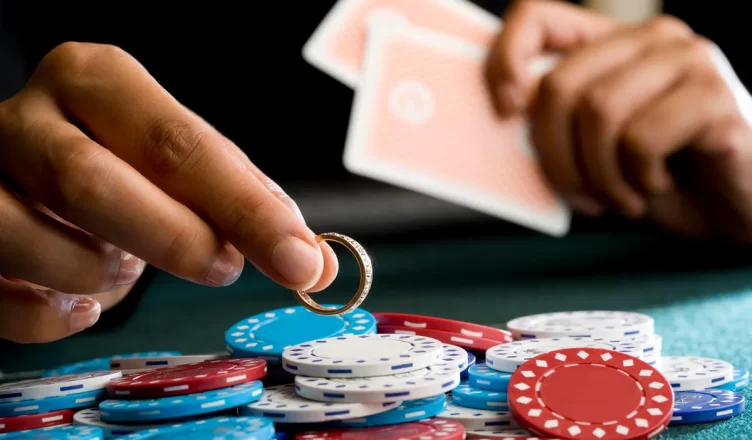Gambling addictions can be hugely challenging to families. People often hide their gambling from other members of the family, neglecting other responsibilities such as work and household tasks, with seriously damaging effects on children and relationships.
My counselor can help me get over my addiction
Therapist and counsellor who specialise in this field would provide them with guidance in this domain and will develop a treatment plan based on their specific needs.
Self-care
Gambling addiction is a troublesome disorder; its consequences to mental health are vastly dire. Psychologists name this kind of addiction gambling disorder, and in the 5th edition of the American Psychiatric Association’s Diagnostic and Statistical Manual (DSM-5), it is listed as an impulse-control disorder.
You can reduce your risk of gambling disorder by taking time out to care for yourself and by enhancing personal relationships. This can include eating healthily, getting enough restful sleep, relaxing when you feel stressed, and engaging in leisure activities or hobbies that you find enjoyable or rewarding – such as exercise or spending time with friends and family.
Psychotherapy and counselling can also be useful, and there are evidence-based psychotherapeutic interventions, for example behavioural and cognitive behavioural therapies, for treating gambling problems. Support groups provide peer support, people to share with and sometimes financial support, especially to those who are at risk of being pushed out of their home or family. These groups often use 12-step programmes to help individuals overcome their problems.
Counseling
Gambling addiction is a chronic mental disease that affects multiple areas of life such as finance and relationships.
There are various treatments and assistance networks to support people battling with a gambling addiction from therapy, counselling and family assistance to online resources and support groups.
Those addicted to gambling may not fully appreciate the impact of their behaviour on those around them. Likewise, they may not want others to be aware of their problem and so be reluctant to admit that they have a problem with gambling. An intervention can help to raise awareness of the addiction and also encourage the person to accept assistance for gambling addiction.
With pharmacological treatments playing a smaller role than behavioural interventions and cognitive therapies, therapists often teach relapse prevention strategies for at risk situations (eg, environments such as casinos and lottery outlets) or intrapersonal factors such as boredom, anger, depression or stress that trigger gambling activities. Moreover, pharmaceutical treatments for Parkinson’s disease, as well as restless legs syndrome (RLS), have been associated with compulsive gambling.
Support groups
Family members and friends may misunderstand gambling addiction, therefore chances are most will try to do the right thing, such as asking their loved one to see a counsellor, go to an outpatient programme or call a helpline. However, what people cannot afford to do is make judgments that are demeaning and harmful. Offer support. Encourage them.
Therapists can work with the addict to uncover the reasons for the compulsive behaviour, learn new coping skills, develop a strategy to counter urges, repair relationships and learn to reduce urges over time. Cognitive-behavioural therapy focuses on changing patterns of unhealthy gambling behaviour. Psychodynamic therapy helps people become more self-aware while developing insight into unconscious processes affecting behaviour.
Other preventative approaches for problem gaming centre around using substitution, where gaming is replaced with another potentially healthier activity, such as art therapy, exercise or cognitive-stimulating hobbies. Research has shown that such activities help to mitigate emotional stresses associated with normal gaming behaviours on the one hand, while reducing co-occurring risk factors for substance use disorders on the other.
Advocacy
Gambling addiction could be hard to detect, we need to intervene as early as possible, therefore, if you see friends are showing symptoms of being addicted to gambling will help them stop and go to the therapy as soon as possible. 1.
Particularly valued are family and friends who provide encouragement and support in the recovery process and who can help the problem gambler identify alternate activities to help them feel better when they have urges to gamble, and to develop coping skills to deal with stress and anxiety in their lives.
Gambling addiction can destroy family and friend relationships and break the bank, leaving debts to others and criminal activities to support the habit, as well as a loss of trust in relationships through their financial dishonesty and broken promises to family and friends. And then depression sets in as a result of these promises being broken by them. Natural or spontaneous recovery is an interesting phenomenon.

